Introduction
Resistors are indispensible in shaping, controlling, and directing the flow of current. On the various resistor value, the 120 Ohm Resistor can use in automotive, industrial, and communication applications.
Let's learn specifications, applications, and distinctive features of the 120 Ohm resistor.
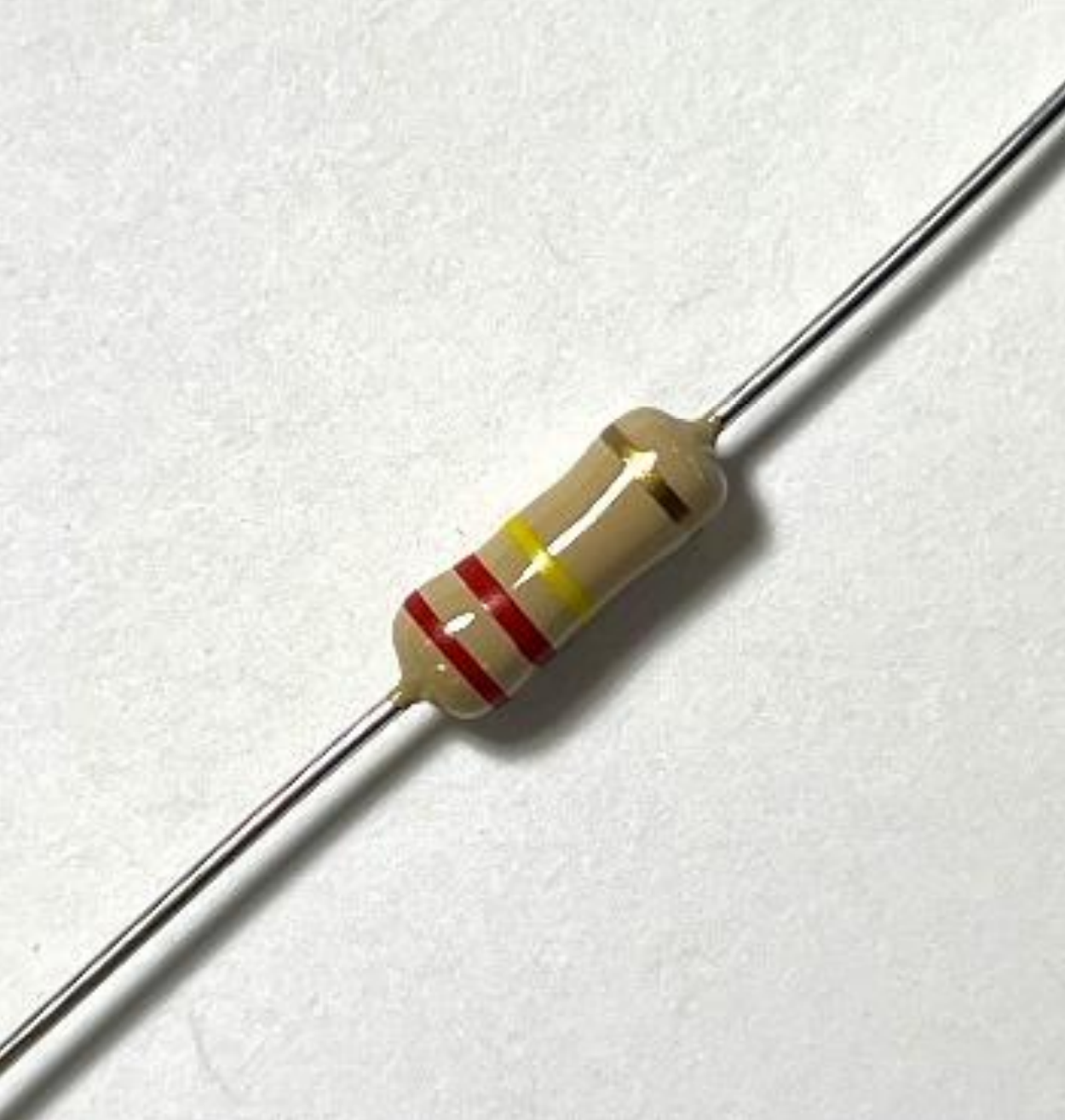
Understanding the 120 Ohm Resistor
120 Ohms resists current flow with a 120 Ohms fixed resistance. Regardless of voltage or current. Use this specific value in termination applications, particularly in communication lines like CAN (Controller Area Network). CAN proper line termination is crucial for signal integrity.
120 Ohm Resistor Color Code
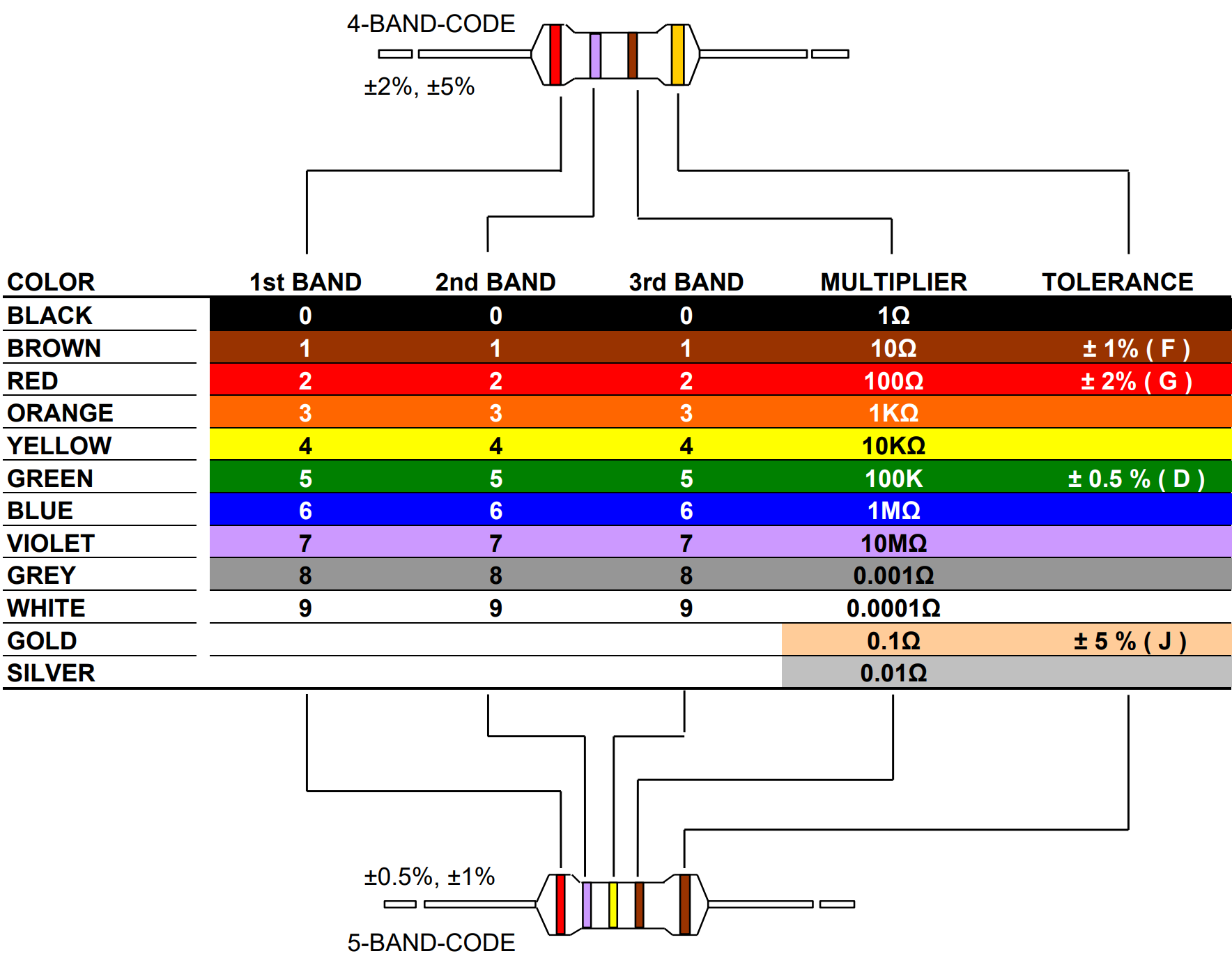
Key Features of AEC-Q200 Qualified 120 Ohm Resistors
The 120 Ohm resistor models qualified under AEC-Q200 standards stand out because their rigorous testing for automotive environments. Below are the critical features of these high-quality resistors:
1. AEC-Q200 Qualified: Ensures the resistor meets automotive industry reliability standards.
2. Wide Resistance Range: Enables greater design flexibility.
3. High Stability: Maintains resistance value under various environmental stresses.
4. PPAP Ready (CFR-25/CFR50S): Complies with the Production Part Approval Process, facilitating smoother automotive design approvals.
5. RoHS Compliant & Halogen-Free: Environmentally friendly and free of hazardous substances.
Power Rating Options
Different applications demand varying power levels. 120 Ohm resistors are available in multiple power ratings, including:
0.063W(1/16W) | 1W | 4.5W | 15W |
0.1W(1/10W) | 1.2W | 5W | 16W |
0.125W(1/8W) | 1.5W | 5.25W | 20W |
0.167W(1/6W) | 1.7W | 5.5W | 25W |
0.2W(1/5W) | 2W | 6.5W | 30W |
0.25W(1/4W) | 2.25W | 7W | 35W |
0.3W | 2.5W | 8W | 40W |
0.333W(1/3W) | 3W | 9W | 50W |
0.4W | 3.25W | 10W | 60W |
0.5W(1/2W) | 3.5W | 11W | 100W |
0.6W | 3.75W | 13W | |
0.75W(3/4W) | 4W | 13.5W |
· -12 = 1/6W
· 25S = 1/4W
· -25 = 1/4W
· 50S = 1/2W
· -50 = 1/2W
· 100 = 1W
· 1WS = 1W
· 2WS = 2W
· 200 = 2W
· 3WS = 3W
This variety ensures that can find a suitable resistor for both low and high power applications.
Tolerance Levels
Tolerance defines how much a resistor’s actual resistance can vary from its stated value. For 120 Ohm resistors, the following tolerance classes are available:
±0.005%,±0.01%,±0.02%,±0.05%,±0.1%,±0.50%,±1%,±2%,±5%,±10%
This allows for precision selection based on the application's tolerance for variability.
Packaging Options
Depending on the manufacturing or prototyping requirements, 120 Ohm resistors are available in multiple packaging formats:
· Reel Pack
· Box Pack
· Bulk
This ensures compatibility with different production methods, including automated SMT assembly.
Electrical Characteristics
While the specific electrical characteristics may vary slightly based on the manufacturer and model. Most 120 Ohm resistors follow these typical parameters:
· Rated Resistance: 120 Ohms
· Tolerance: ±0.005%,±0.01%,±0.02%,±0.05%,±0.1%,±0.50%,±1%,±2%,±5%,±10%
· Temperature Coefficient: Typically in the range of ±100 ppm/°C or better
· Maximum Working Voltage: Depending on power rating, typically up to 250V
· Insulation Resistance: > 100MΩ at 500V DC
120 Ohm Resistor Dimensions
Standard dimensions vary depending on power rating and package type. Here are some typical sizes:
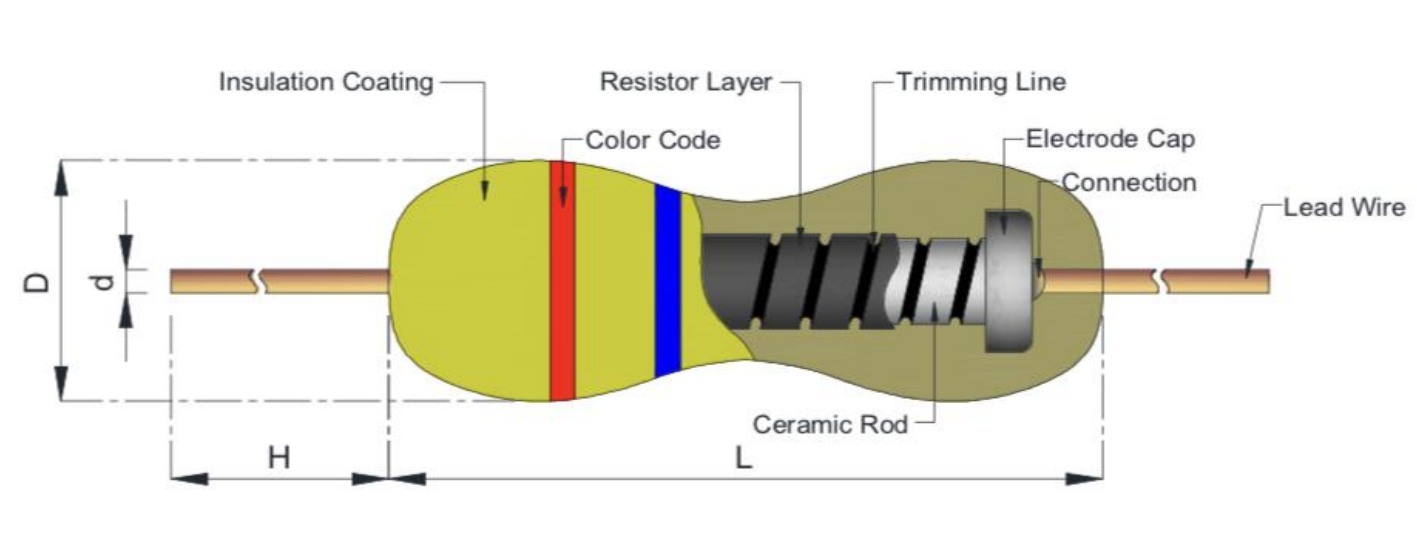
Style | Dimensions(mm) | |||
L | D | H | d | |
1/8W | 3.3±0.2 | 1.8±0.3 | 29±2.0 | 0.45±0.03 |
1/4W | 6.3±0.5 | 2.3±0.3 | 28±2.0 | 0.55±0.03 |
1/2W | 9.0±0.5 | 3.2±0.5 | 26±2.0 | 0.65±0.03 |
1W | 11.5±1.0 | 4.5±0.5 | 35±2.0 | 0.78±0.03 |
2W | 15.5±1.0 | 5.0±0.5 | 32±2.0 | 0.78±0.03 |
Applications of 120 Ohm Resistors
The 120 Ohm resistor is widely used in:
1. CAN Bus Termination: Ensures proper signal reflection and impedance matching.
2. Audio Equipment: Maintains desired impedance for headphone circuits.
3. Industrial Controllers: Manages current and voltage regulation.
4. Automotive Electronics: Used in sensors, ECUs, and infotainment systems.
5. Networking Equipment: Termination resistors in Ethernet, RS-485, and similar applications.
Why Choose a 120 Ohm AEC-Q200 Qualified Resistor?
When reliability is crucial,especially in automotive or industrial settings. The AEC-Q200 qualification ensures that the resistor will withstand thermal shock, humidity, and mechanical stress.
Combined with PPAP readiness and RoHS compliance. These resistors are optimal for design engineers focusing on longevity and environmental safety.
Frequently Asked Questions (FAQ)
Q1: Why is a 120 Ohm resistor used in Controller Area Network bus systems? A:Use 120 Ohm resistor for impedance matching in CAN bus systems. Each end of the bus is terminated with resistor to prevent signal reflections and ensure reliable data transmission.
Q2: What does AEC-Q200 qualification mean for a 120 Ohm resistor? A: AEC-Q200 is a stress test qualification for passive components used in automotive applications. It assures that the resistor can handle extreme environmental and mechanical stress. Making it reliable for use in automotive environments.
Q3: Can I use a 120 Ohm resistor for general electronics projects? A: Absolutely. Often use in automotive and communication systems. Resistor can also use in general-purpose circuits requiring this resistance value.
Just ensure the power rating and tolerance match your project's needs.
Conclusion
The 120 Ohm resistor may seem like a small component. But can use it in various electronic systems, from ensuring signal integrity in communication lines to maintaining voltage regulation in automotive electronics.
With features like AEC-Q200 qualification, high stability, and multiple power ratings and packaging options. It offers versatility and dependability for modern design requirements. Understanding the full capabilities of the 120 Ohm resistor can elevate your project's performance and reliability.
HOT NEWS
What is 10k Ohm Resistor?
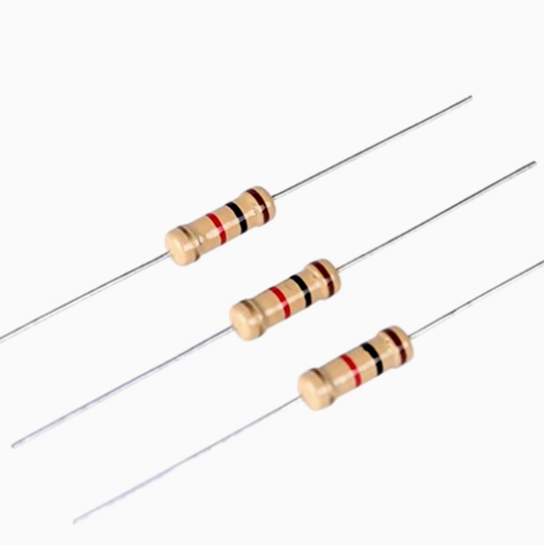
10k resistor 10k resistor color code
2025-05-14
The 0402 Resistor: A Comprehensive Guide
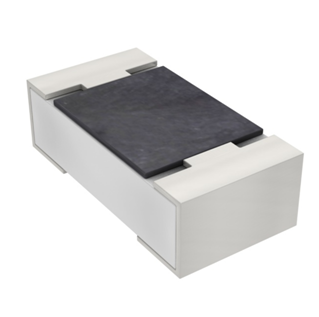
0402 Resistor
2025-05-06
Everything You Need To Know About ARE1309 Relay
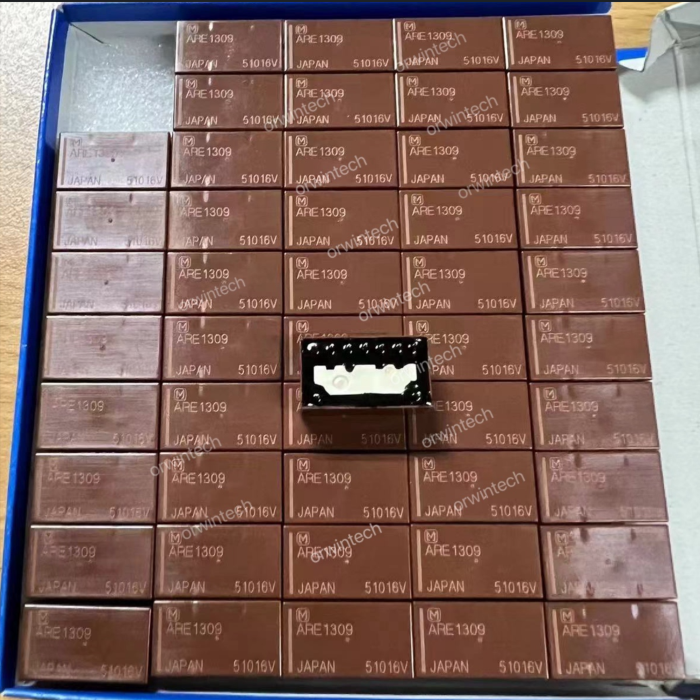
2025-04-23
120 Ohm Resistor- Specifications, Applications, and Features

2025-05-12
What Is The 1K Ohm Resistor?
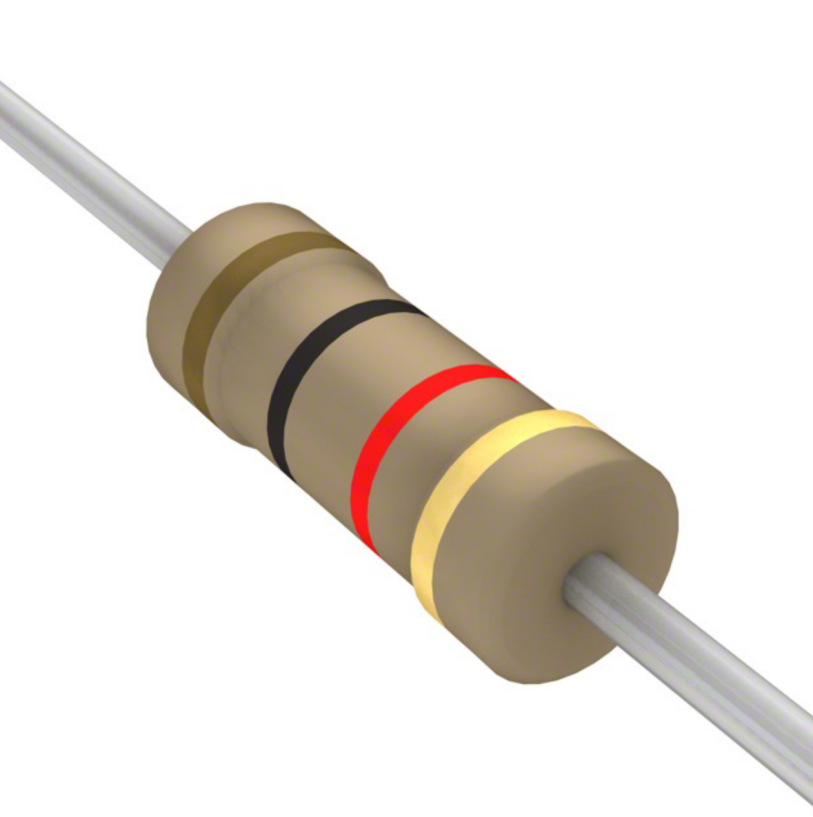
1k ohm resistor and color code
2025-05-21
What is 100 Ohm Resistor And Color Code?
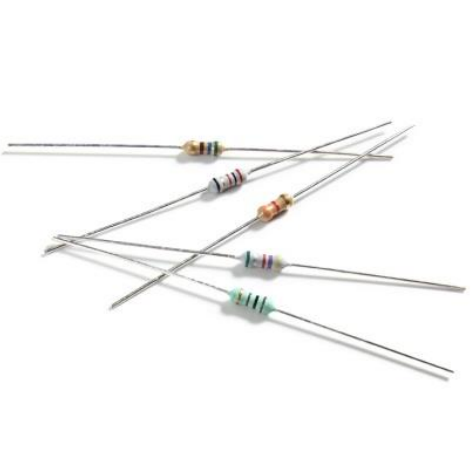
100 ohm resistor color code
2025-05-17
Understanding A 0603 Resistor
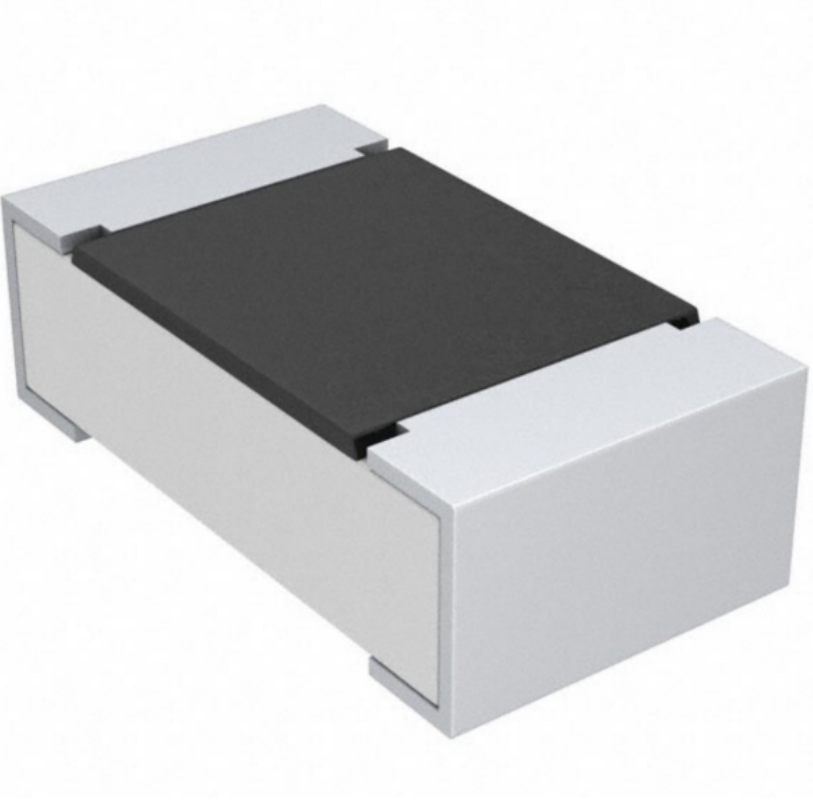
0603 resistor,dimensions,marking code, values
2025-05-29
What Is A 1206 Resistor?
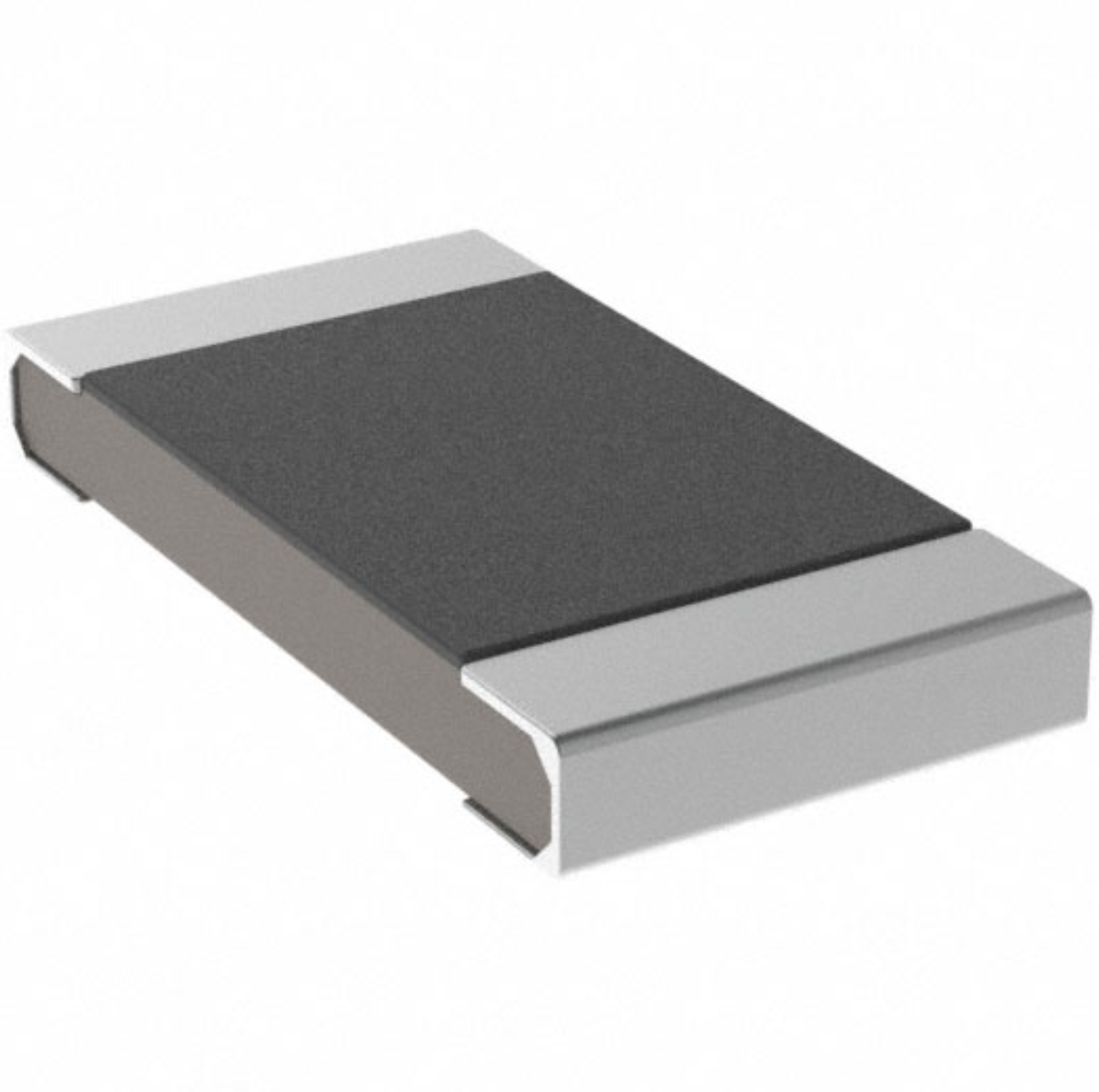
1206 resistor dimensions,footprint,value
2025-06-05
What Is A 0201 Resistor?
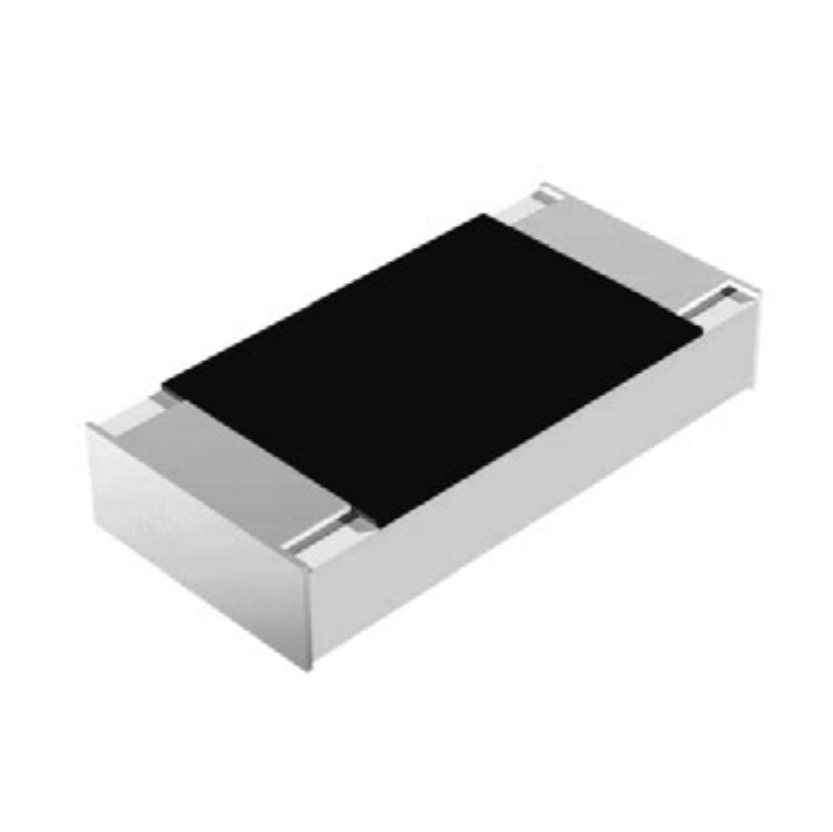
0201 Resistor dimensions, footprint,values
2025-05-24
What Is The 0805 Resistor?

0805 Resistor, dimensions, value, tolerance, footprint
2025-05-31











 Product Catalog
Product Catalog





